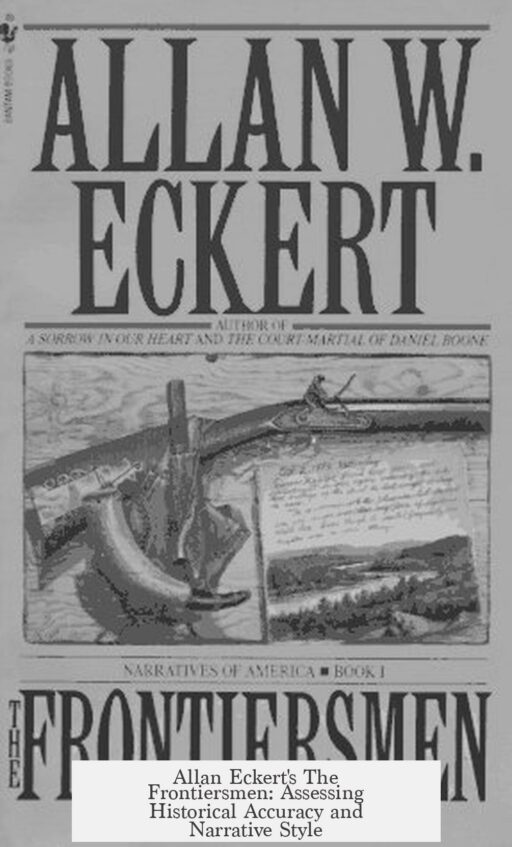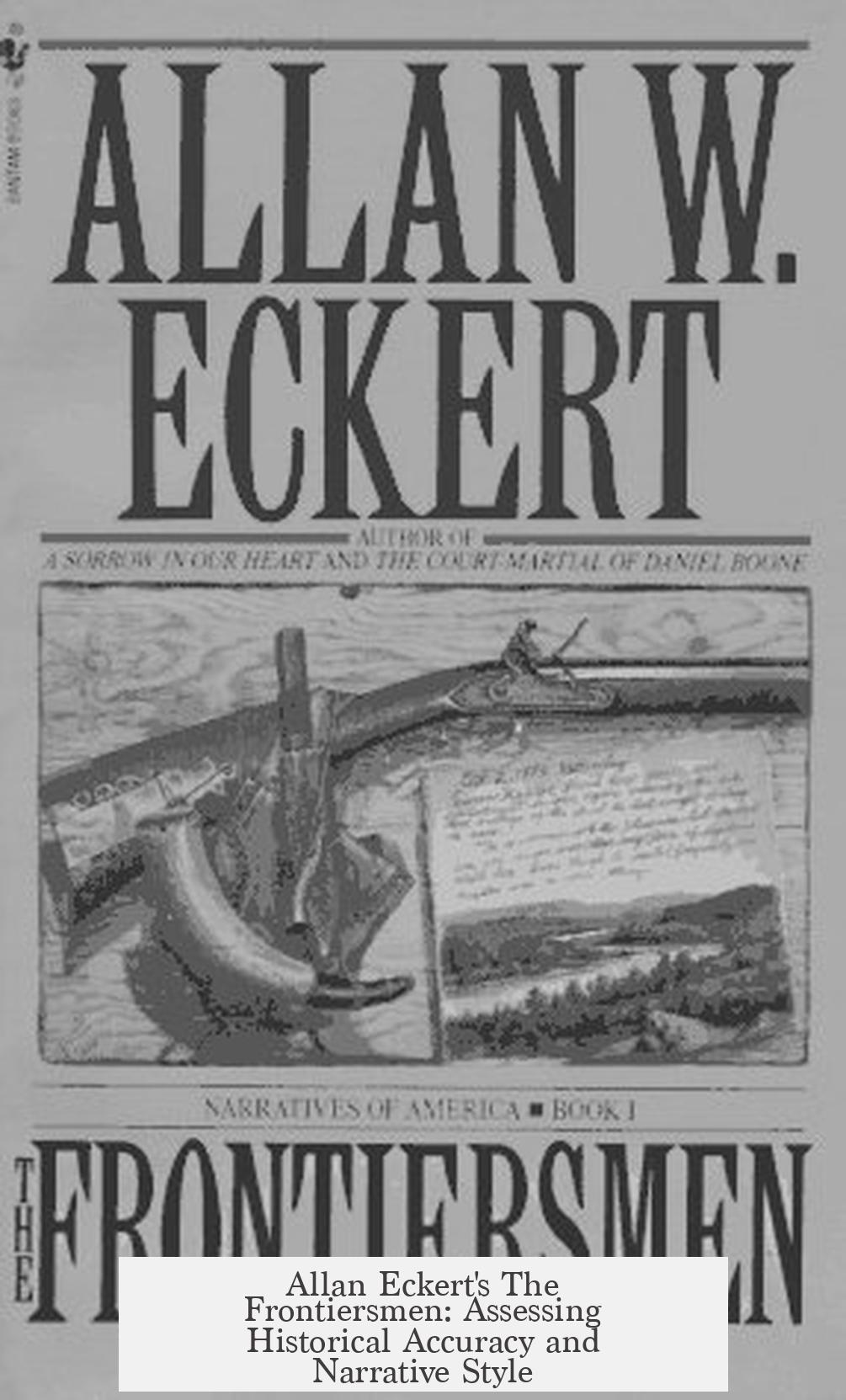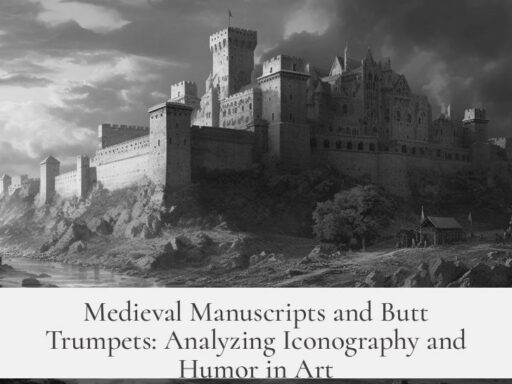Allan Eckert’s The Frontiersmen blends history and narrative in a way that attracts readers but raises questions about its accuracy. While it vividly recounts 18th-century frontier events and figures, the work is not strictly a scholarly history text. Instead, Eckert uses dramatic storytelling techniques to bring the past to life.
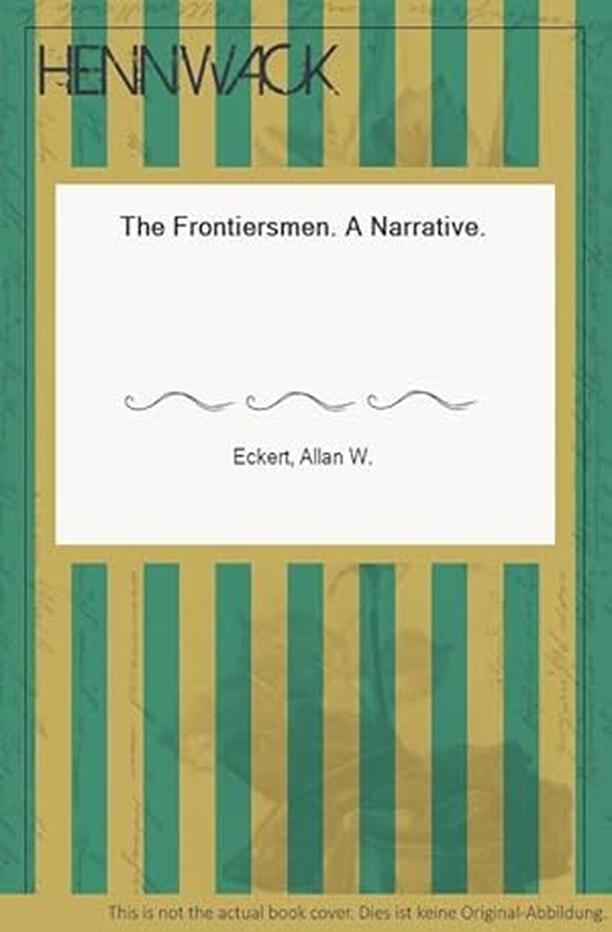
The Frontiersmen is based on real historical events and characters from the American colonial frontier, such as Daniel Boone and Simon Kenton. Eckert conducts extensive research and consults primary sources, but he also fills gaps with fictionalized dialogue and scenes to enhance readability and engagement. This practice means some details and interactions in the book are dramatized or speculative rather than fully documented.
Historians and critics generally place Eckert’s work in the genre of narrative nonfiction or popular history. It offers a rich, gripping overview of frontier life and conflicts but does not adhere to strict academic standards of evidence and citation throughout. Readers should be aware that some portrayals might emphasize certain perspectives or simplify complex historical realities for storytelling purposes.
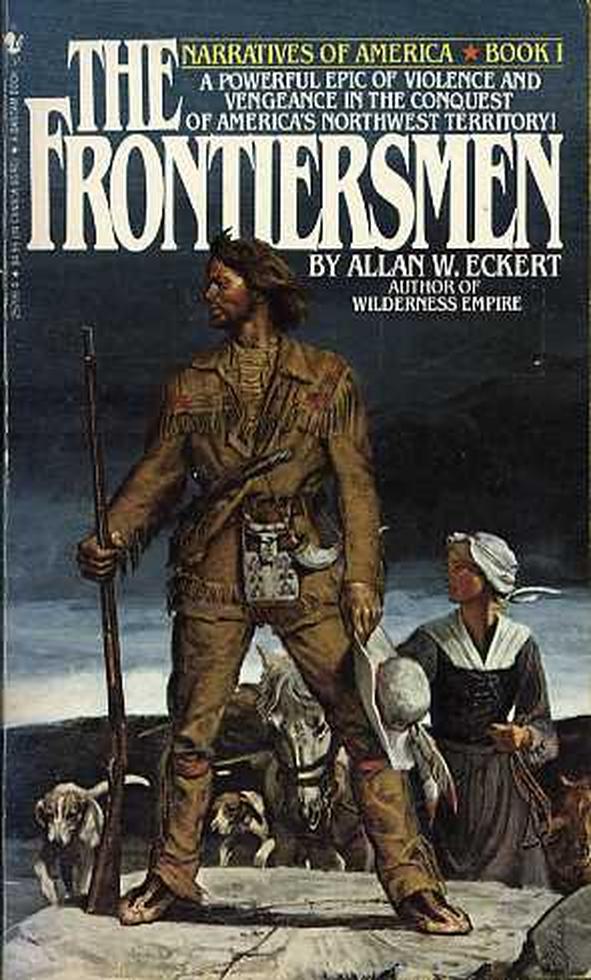
Key points about the accuracy of The Frontiersmen include:
- Eckert bases the narrative on considerable historical research, relying on letters, records, and oral traditions.
- The writing style incorporates imagined dialogue and scenes to provide immersive storytelling.
- Some historians criticize the book for occasional historical inaccuracies or for blending fact with fiction without clear distinction.
- It serves best as an engaging introduction to frontier history, not a definitive academic source.
In essence, The Frontiersmen is valuable for its lively portrayal and dramatization of frontier experiences but should be supplemented with academic histories for detailed study or historical verification. Readers interested in precise accounts must cross-reference Eckert’s work with primary documents or scholarly critiques for accuracy.
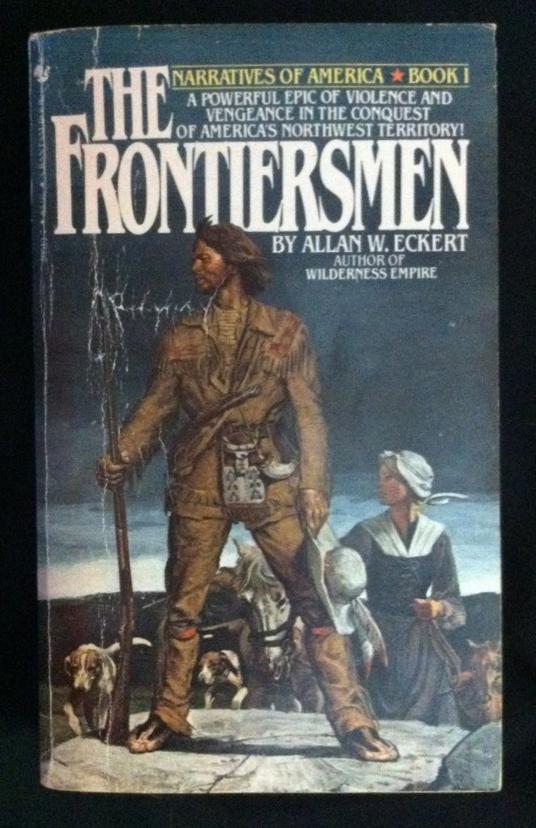
- Allan Eckert combines researched history with narrative embellishment.
- The book is popular history, not a strict academic text.
- Some historical liberties are taken for dramatic effect.
- Use alongside scholarly works when accuracy is critical.
Allan Eckert: The Frontiersmen. How Accurate Is His Work?
So, how accurate is Allan Eckert’s The Frontiersmen? The short answer: it’s a compelling blend of fact and dramatic storytelling, but it’s not a scholarly history textbook. Eckert crafts a vivid narrative drawing heavily on historical events and characters while adding literary flair and some creative license.
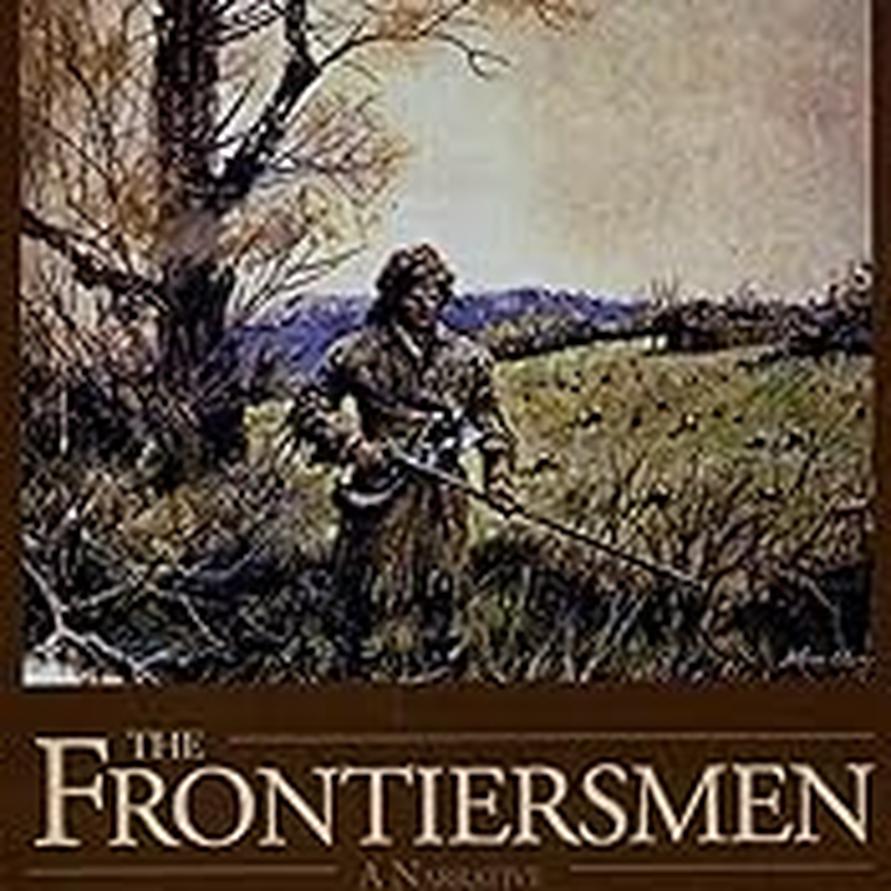
If you’re someone who prefers their history served up with a side of drama and character moments, Eckert delivers. Yet, if you want rigid academic precision, you might raise an eyebrow now and then. Let’s unpack this intriguing tension between fact and fiction in Eckert’s work.
A Narrative More Than a History Lecture
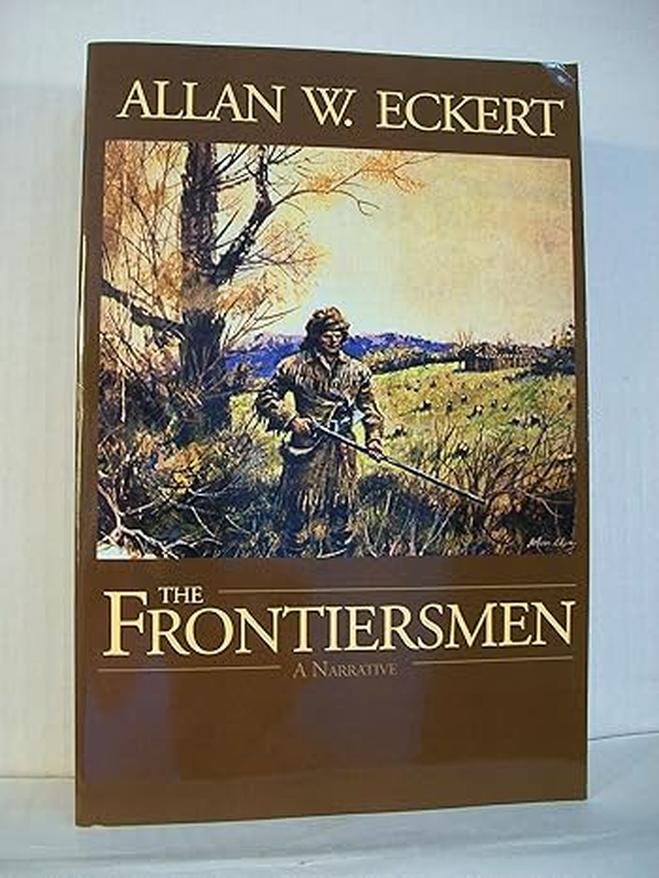
Allan Eckert’s The Frontiersmen is part historical novel, part narrative history. He focuses on the natural drama of frontier life—explorers, settlers, interactions with Native American tribes, and battles that shaped early American expansion. Eckert dives into characters like Daniel Boone, Simon Kenton, and Tecumseh, painting them with colors that leap off the page.
This strong narrative is his hallmark and strength. However, it also means the book isn’t strictly academic. Eckert uses composite characters and imagines intimate conversations that no primary source could confirm. By weaving these elements, he aims to bring history alive in a way dry facts may not accomplish.
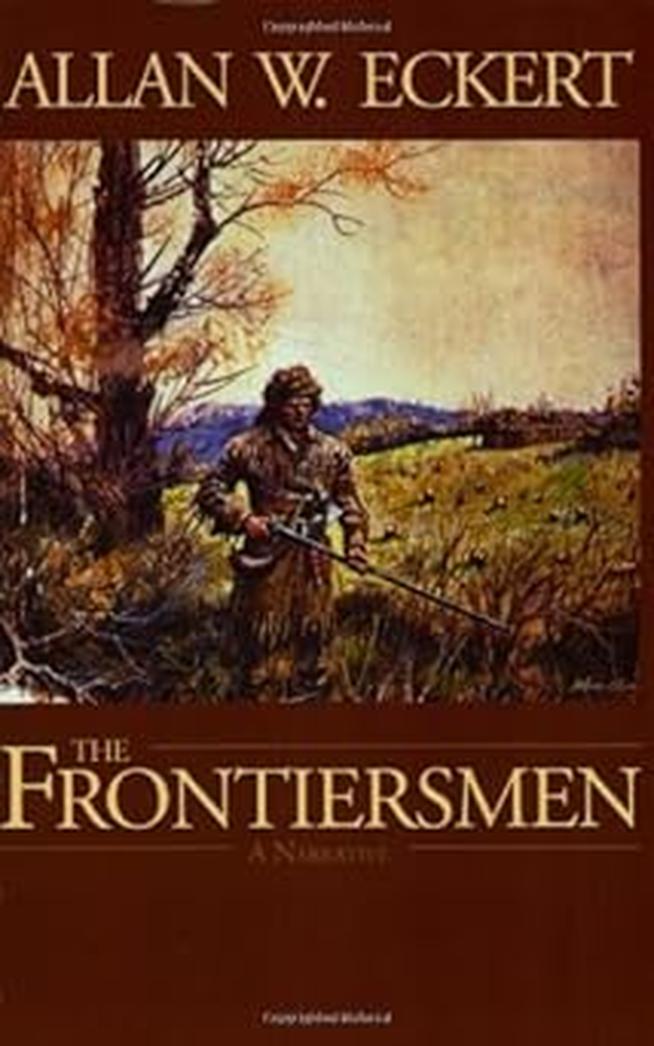
Does this approach make The Frontiersmen less accurate? Not exactly—but it demands readers to be savvy. Eckert fills gaps with narrative invention, which can sometimes blur the pure historical record. This is particularly relevant when examining motives, thoughts, and private interactions of historical figures—subjects where hard evidence rarely exists.
The Challenge of Historical Accuracy in Popular History
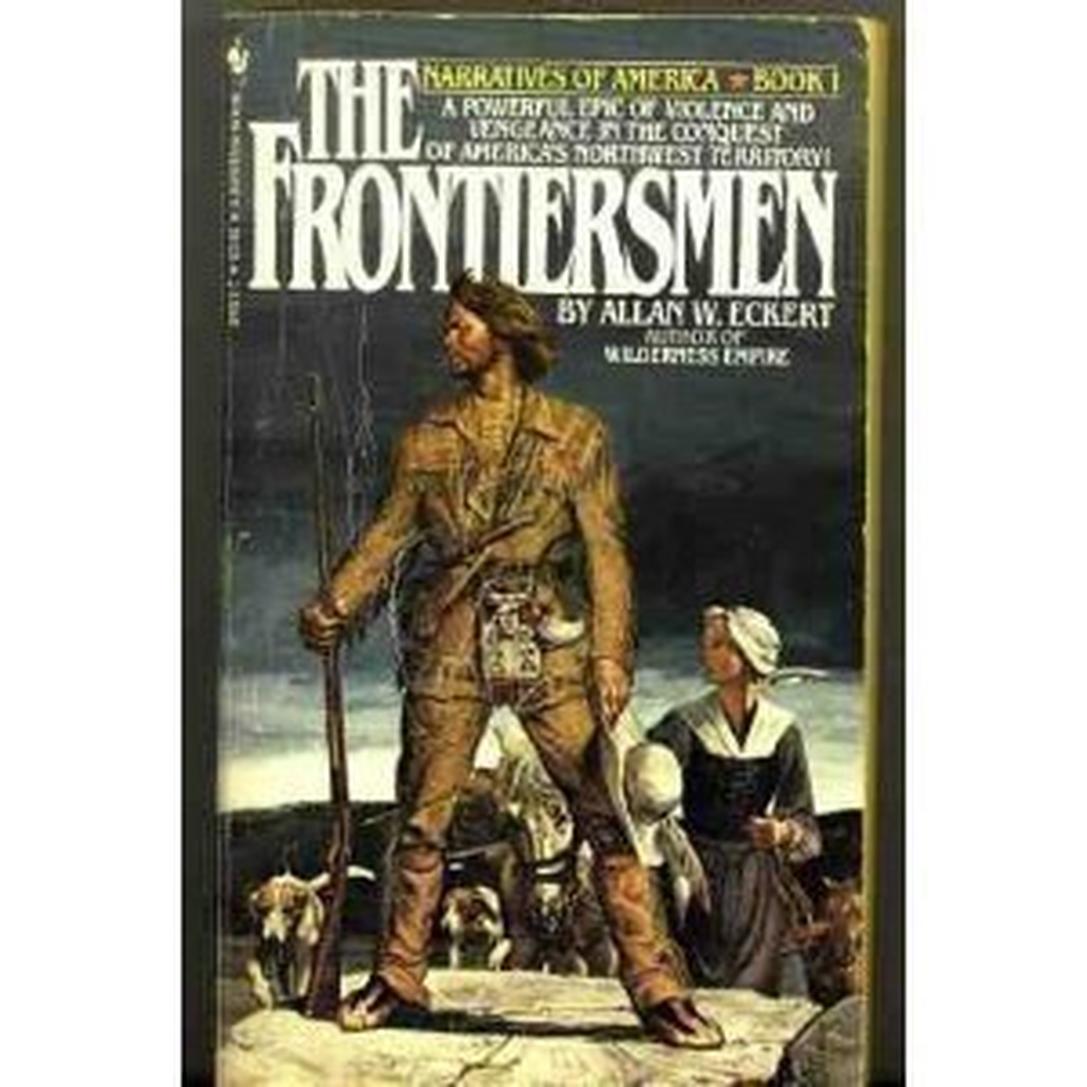
It’s no secret that historical novels or narrative histories tread a fine line between precision and storytelling. Eckert belongs to a genre of writers aimed at engaging a broad audience rather than scholars. This has advantages: the frontier era becomes accessible and emotionally gripping. But it also invites skepticism among historians.
For example, some historians critique Eckert’s portrayal of Native American figures and frontier conflicts. While Eckert tries to present balanced perspectives, including Native voices, his reliance on 20th-century sources and his narrative goals sometimes lead to anachronistic interpretations or simplified character motivations.
So, if you’re using The Frontiersmen as your primary source, it’s wise to supplement with academic histories or primary documents for a more nuanced and critical understanding. Eckert often gives you the what and the when, but the why can be more his creative guesswork than firm consensus.
Proof in the Pudding: Examples From the Book
Take the depiction of the Battle of Blue Licks (1782). Eckert dramatizes the event with vivid details about panic and heroism, based on eyewitness accounts mixed with later retellings. His recreation of dialogue and personal reflections is fictionalized but inspired by historical context. This enlivens the story dramatically but does not always adhere strictly to verifiable facts.
Similarly, his portrayal of Daniel Boone borders on mythic. Eckert leans into Boone’s legendary status, sometimes emphasizing traits that fit frontier hero archetypes. While Boone’s exploits are well documented, Eckert’s depiction highlights the man behind the legend with embellishments to fill historical gaps.
How Do Experts View Eckert’s Work?
Though The Frontiersmen enjoys popular acclaim, historians often regard it cautiously. There is neither universal praise nor outright dismissal. Experts generally classify it as “historically inspired fiction” or “popular narrative history.” The book doesn’t undergo peer review like scholarly monographs, so it isn’t positioned as a definitive history.
In a Reddit discussion context, for example, detailed answers evaluating Eckert’s accuracy are rare. Many users note that while Eckert’s research is solid in foundation, his goal is storytelling rather than academic precision. This dialogue gap reflects the distinction between popular history and historiography—a core concern for history aficionados.
What Should a Curious Reader Keep in Mind?
- Enjoy the narrative for its storytelling:** Eckert makes frontier history lively and approachable.
- Cross-check facts if you seek truth:** Use academic histories for critical analysis, especially on complex or controversial topics.
- Recognize narrative license:** Dialogue, character thoughts, and some events are dramatized or imagined.
- Appreciate the cultural impact:** Eckert’s work has shaped popular understanding of the American frontier for many readers.
Final Thoughts: The Frontier Through Eckert’s Eyes
At the end of the day, Allen Eckert’s The Frontiersmen stands as a classic example of popular history that refuses to be dull. It’s a bridge between dusty archives and living rooms—a book that people actually read because it feels like an adventure novel with roots in reality.
Is it flawless history? No. Should it pass for pure academic study? Absolutely not. But does it capture the spirit and drama of the frontier in a way that textbooks seldom do? Most definitely yes. Eckert’s work invites readers to explore and then dig deeper if they want the full, complicated story behind America’s edges.
So next time you pick up The Frontiersmen, savor the vivid scenes and gripping characters. Then, if you’re curious, pour over original records and critical histories to fill in the tapestry’s more intricate patterns. After all, history is always part story, part puzzle—and Allan Eckert knows how to tell a darn good tale while nudging you toward the quest for truth.
